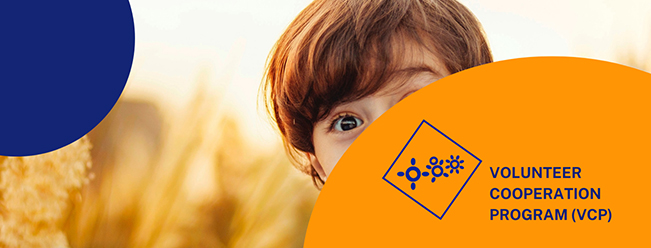
Human trafficking is a serious problem that affects millions of people around the world, including children. It is characterized by the recruitment, transportation and harbouring of a person or the control, direction or influence of their movements in order to exploit them, usually through sexual exploitation or forced labour. The extent of the phenomenon, both in Canada and internationally, is difficult to assess because of its clandestine nature, the reluctance of victims and witnesses to report the situation to law enforcement agencies and the difficulty in identifying victims.
In Canada, the National Action Plan to Combat Trafficking in Persons (2012-2016) consolidated the federal government’s efforts and introduced new initiatives to prevent trafficking, identify victims, protect the most vulnerable and bring the perpetrators to justice. However, It has been established that trafficking in persons still exists in the country and that a coordinated national approach to address this criminal act is still needed.
In September and October 2018, as part of the development of a new Canadian policy to combat human trafficking, Public Safety Canada consulted various expert organizations in this area. The IBCR responded by participating in a meeting on the latest developments in the field of anti-trafficking and identifying short- and long-term challenges for Canada.
Roundtables were also held in Vancouver, Winnipeg, Ottawa, Ottawa, and Toronto to facilitate an open discussion between the Government of Canada, law enforcement agencies, provinces and territories, Aboriginal representatives, sex work organizations, and private sector and civil society stakeholders.
The report of these consultations is now available, and we invite you to consult it here:
2018 Human Trafficking Consultations Report
© photo Jp Valery on Unsplash



